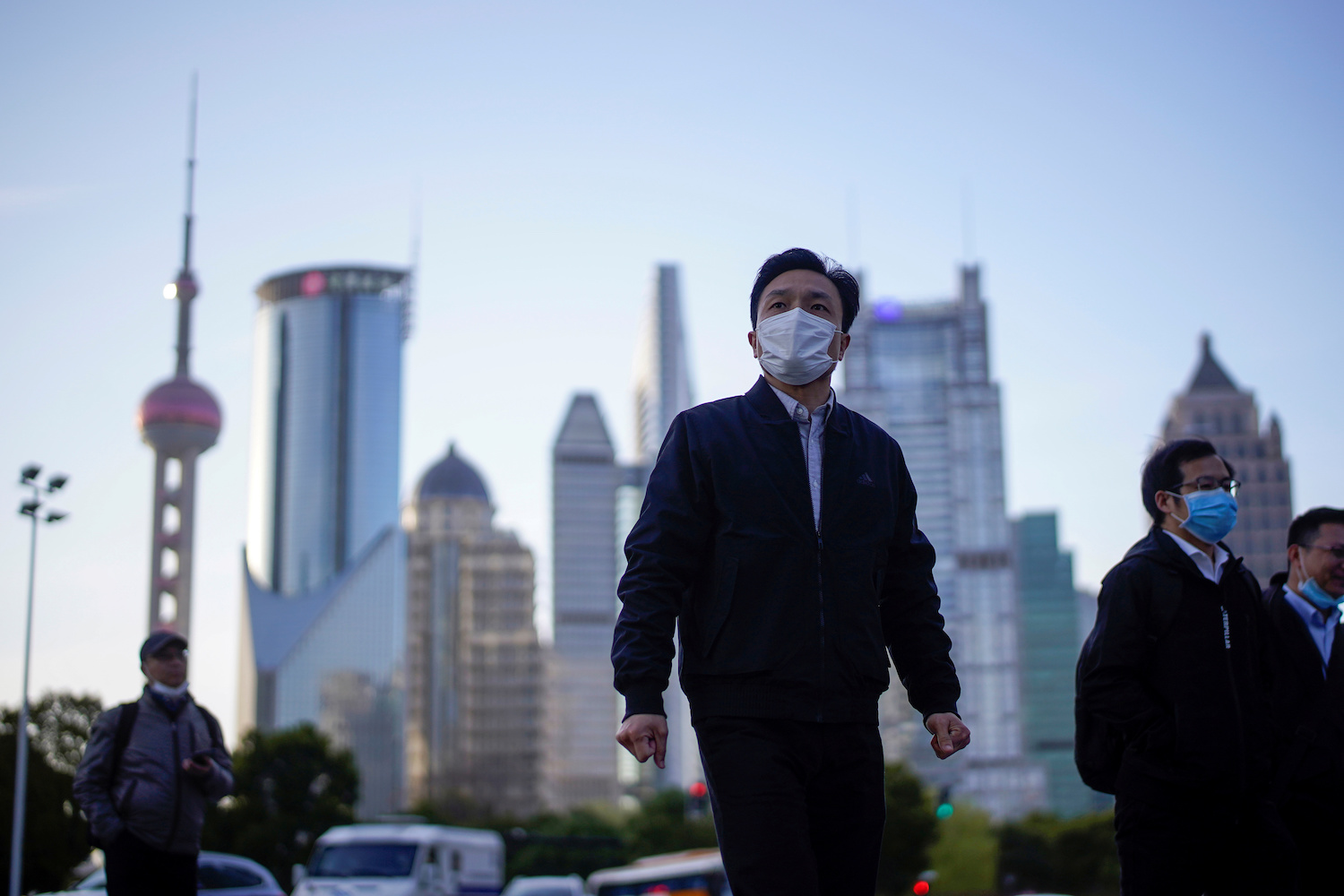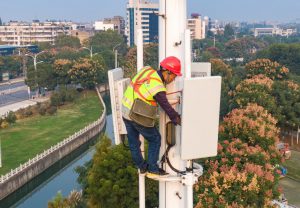What was farmland 30 years ago is now all glittering skyscrapers and home to ten of the world’s largest 16 banks and nine of the world’s top ten asset management companies – now the city’s bosses want to make their mark in the EV world too
(AF) Chinese metropolis Shanghai has plans to become not only a “one-stop” asset management centre with global influence but also a hub for electric car manufacturing.
The eastern city, that houses Tesla’s Gigactory and was recently named the world’s third most important financial centre after New York and London, is eyeing a 200 billion yuan ($31.4 billion) EVs output target by 2025.
“By 2025, a comprehensive and open asset management centre with concentrated productive factors, a strong level of internationalisation, and a relatively complete ecosystem will take shape in Shanghai,” said an official document issued by the municipal government.
Also on AF: Taiwan’s Covid crisis could worsen worldwide chip shortage
The measures to encourage the asset management industry include enriching asset management entities, innovating products and services, enhancing global asset allocation capabilities, promoting internationalisation, enhancing talent introduction and cultivation and optimising its business environment.
“We aim to build the city into an important hub for asset management in Asia and one of the top asset management centres in the world,” the document said.
Shanghai will support qualified foreign companies to set up securities, funds, and pension management firms there, either as wholly-owned subsidiaries or joint ventures, the document added.
According to the paper, the authorities will further push ahead the pilot programmes for both the QFLP (Qualified Foreign Limited Partner) and QDLP (Qualified Domestic Limited Partner) schemes.
GLOBAL CENTRES
Institutions in the programmes are encouraged to set up global or regional management centres in the city and to carry out cross-border two-way investment management, it said.
Shanghai will also strive to offer more diversified trading services and hedging tools, such as foreign exchange derivatives, Renminbi interest rate options, treasury bond futures and options, and commodity futures and options.
By the end of 2020, Shanghai had 1,674 licensed financial institutions – a third of which were foreign-funded – with an annual turnover of over 2,270 trillion yuan (US$354 trillion).
Many of them have chosen the busy Lujiazui financial district on the eastern side of the Huangpu River as the location for their offices. What was all farmland 30 years ago is now an area of glittering skyscrapers and hosts ten of the world’s largest 16 banks and nine of the world’s top ten asset management companies.
PARIBAS ARRIVAL
Lujiazui recently received newcomers such as BNP Paribas’s new securities venture, JP Morgan Chase & Co’s securities and mutual fund ventures, and BlackRock’s wholly-owned mutual fund company.
These big-name banks have stepped up investment and hiring in China after the world’s second largest economy last year fully lifted the restrictions on foreign ownership in futures, funds, and securities firms.
Shanghai is now the world’s third most important financial centre only behind New York and London, according to the latest Global Financial Centers Index released in March by the Z/Yen Group, a London-based think tank, and the China Development Institute.
Meanwhile, the city is also building a hub for electric vehicle (EV) manufacturing in a ‘new Silicon Valley’ set-up in Lingang New Area.
MAGNA PLANS
Eighteen companies, including Canadian car assembler Magna International, Austrian automotive testing solution provider AVL, Chinese automaker SAIC Motor Corporation Limited, and Chinese interior parts supplier Yanfeng, last Friday signed agreements to set up facilities in Lingang New Area with investments totalling 16 billion yuan ($2.5 billion), according to a report by local newspaper Jiefang Daily.
These companies’ businesses span various aspects of the electric vehicle (EV) value chain, including whole-car manufacturing, microchips, autonomous-driving systems, interior parts, vehicle bodies, new materials and hydrogen fuel.
Lingang is positioned to become an international automobile manufacturing hub with a complete value chain and over 200 billion yuan ($31.4 billion) worth of industrial output by 2025, the report said, citing a local government official.
“We’re aiming to achieve within five years what took other automobile manufacturing hubs 20 years to achieve,” he said.
TEST AREAS
Autonomous vehicle companies such as the newly Nasdaq-listed company TuSimple Holdings Inc will be able to test self-driving cars in both a demonstration area as well as on open roads at the Yangshan Port, the East Sea Grand Bridge and the Dishui Lake Rim, the report said.
The Lingang New Area, located in the south-eastern part of Shanghai, was added to the Shanghai Pilot Free Trade Zone in 2019. According to the government’s plan, the area will house a global cluster of AI, biomedicine, and integrated circuit firms, and have at least 20 regional headquarters of companies and institutions by the end of next year.
Lingang is also home to Tesla’s first factory outside the US. The so-called ‘Gigafactory’ is capable of making 450,000 units of the Mode 3 and Model Y per year, which are shipped both within China and to Europe. But Tesla has reportedly put on hold plans to expand this flagship plant into a global export hub due to uncertainty created by tensions between the US and China.
Read more:






















